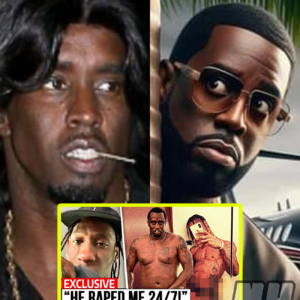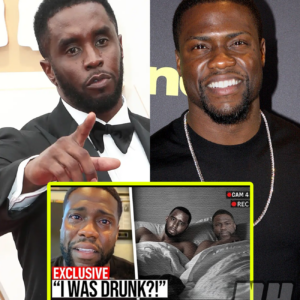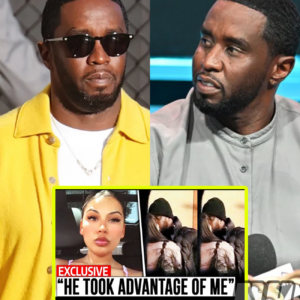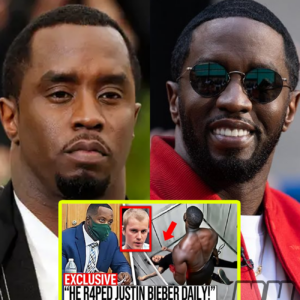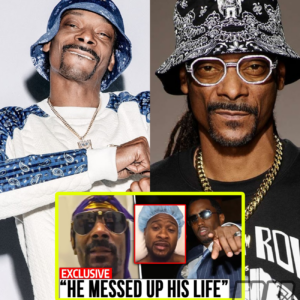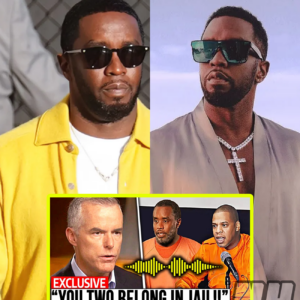Unveiling the Allegations Against Diddy: A Tale of Power, Abuse, and Silence
In recent months, the entertainment world has been shaken by a series of allegations against Sean Combs, known as Diddy, involving abuse and misconduct towards several women, including his ex-girlfriend Cassie. The release of disturbing footage and the testimonies of alleged victims have ignited a public conversation about the culture of power, control, and the treatment of women in the entertainment industry.

The Catalyst: Cassie’s Shocking Footage
The controversy erupted when footage surfaced showing Diddy allegedly abusing his ex-girlfriend, Cassie. The video, which quickly spread across social media, depicted a scene of physical violence that left many horrified. This visual evidence, combined with Cassie’s detailed account, painted a grim picture of Diddy’s behavior during their relationship. Cassie, who met Diddy when she was just 18, described years of manipulation and abuse, beginning when she was still a teenager and Diddy was well into his thirties.
Allegations from Other Victims
Following the release of the footage, other women began to come forward with their own stories of abuse at the hands of Diddy. One such account came from Gina Huynh, another of Diddy’s ex-girlfriends. Gina recounted a harrowing experience at a mansion party, where Diddy allegedly assaulted her out of jealousy for simply shaking hands with rapper Meek Mill. She described the escalation of Diddy’s rage from verbal abuse in the car to physical violence in their hotel room, where he allegedly threw a shoe at her and bloodied her nose.
Former Bad Boy artist Shyne Barrow and radio personalities Charlamagne Tha God and DJ Envy have also publicly criticized Diddy. Charlamagne dismissed Diddy’s apology as insincere, suggesting that Diddy was only sorry because the footage had been leaked, not because of the abuse itself. DJ Envy echoed these sentiments, calling the video “disgusting” and noting the implications of more suppressed videos potentially coming to light.
Diddy’s Response and Public Perception
In response to the growing backlash, Diddy released a public apology. He admitted to hitting “rock bottom” and seeking therapy and rehab. However, many have questioned the sincerity of this apology. Critics argue that Diddy’s statement was more about damage control than genuine remorse. They point out that he had previously denied all allegations and suggested that his accusers were motivated by financial gain. Cassie’s legal team also highlighted that Diddy only apologized after his repeated denials were proven false by the leaked footage.
The Cultural Implications
Comedian Luenell addressed the broader implications of Diddy’s actions and the societal response. She argued that if Diddy had assaulted a white woman like Jennifer Lopez, the legal consequences would have been immediate and severe. Luenell’s comments underscore the disparities in how abuse is addressed based on the race of the victim. Black women, she emphasized, are often disbelieved and their experiences marginalized, a sentiment that resonates deeply within the broader context of systemic racism and sexism.
The Entertainment Industry’s Silence
The revelations about Diddy have also highlighted the entertainment industry’s complicity in enabling abusive behavior. Many insiders have noted that such allegations are often quietly suppressed to protect powerful figures. This culture of silence and protection of influential men is not new but continues to perpetuate cycles of abuse.
Looking Forward: The Need for Change
In conclusion, the allegations against Diddy serve as a stark reminder of the pervasive issue of abuse in the entertainment industry. The courage of victims coming forward is a crucial step in breaking the cycle of silence and impunity. As more stories emerge, it becomes increasingly clear that the industry must undergo significant changes to protect the vulnerable and ensure justice for those who have been wronged. The Diddy scandal is not just about one man’s actions but a call to address the deeper, systemic issues that allow such behavior to thrive
News
(VIDEO) Celebs that P Diddy EXPLOITED for Cash
P Diddy and the Dark Side of the Entertainment Industry The entertainment industry is no stranger to scandal and controversy, but the recent revelations surrounding P Diddy (Sean Combs) have brought to light a web of disturbing allegations and connections…
(VIDEO) Kevin Hart IN TEARS After New Leaks EXPOSE Him At Diddy’s After Parties!!
Kevin Hart: A Complex Journey Through Fame, Scandal, and Personal Growth Kevin Hart, the renowned comedian and actor, has led a life marked by both incredible professional success and deeply personal scandals. His journey from selling sneakers to becoming one…
(VIDEO) “He Ruined My Life” Former Diddy Employees TEAM UP To EXPOSE Him!
The Dark Side of Fame: Allegations Against Diddy and the Revelations from Former Employees The music industry is often glamorized for its glitz and glamour, but behind the scenes, it can harbor dark secrets and troubling behavior. Recently, Sean “Diddy”…
(VIDEO) “He’s Why Justin Bieber Is DEPRESSED!” Undercover FBI Agent EXPOSES Diddy
The Tumultuous History of Snoop Dogg, P. Diddy, and the East Coast-West Coast Rivalry Hip-hop history is fraught with feuds, friendships, and ever-changing alliances. Central to many of these stories are iconic figures such as Snoop Dogg and P. Diddy…
(VIDEO) “Diddy Did Usher Dirty Forever” Snoop Dogg EXPOSES Sean Combs!
The Tumultuous History of Snoop Dogg, P. Diddy, and the East Coast-West Coast Rivalry Hip-hop history is fraught with feuds, friendships, and ever-changing alliances. Central to many of these stories are iconic figures such as Snoop Dogg and P. Diddy…
(VIDEO) Undercover CIA Agent EXPOSES Diddy & Jay Z!
The Fall of P. Diddy: A Dismantling of Credibility and the Unfolding Legal Crisis Introduction In recent years, Sean “P. Diddy” Combs has found himself at the epicenter of numerous controversies and legal battles that have significantly tarnished his once-polished…
End of content
No more pages to load
